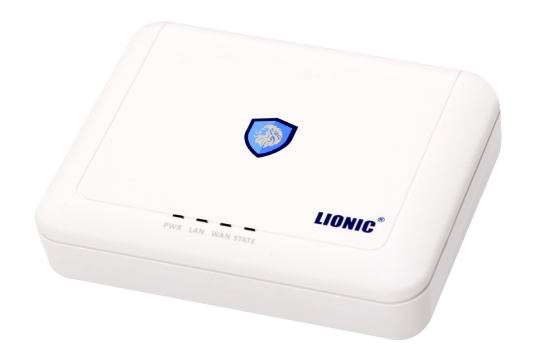
Customer Background
The hotel, although equipped with firewalls at the gateway, is now facing frequent social engineering attacks, making it difficult to control guests’ internet usage behavior. Furthermore, there is no local protection on each floor, resulting in extremely high cybersecurity risks for the hotel network. This vulnerability leaves the hotel network at risk of cyber breaches, providing attackers with more opportunities to infiltrate internal systems. This could potentially compromise customer data and harm both customers and the hotel’s reputation.
Deploying Pico-UTM 100 in many network segments of the hotel internal network effectively blocks numerous attacks, enhancing area protection and eliminating internal network security deficiencies.
Due to the provision of free Wi-Fi in each hotel room offers convenience but also introduces cybersecurity risks. If guests accidentally access malicious websites or click on inappropriate content, it could trigger cybersecurity attacks. These attacks could directly impact the internal network of hotel, and in severe cases, even caused damage to the entire hotel. Understanding these challenges, it is necessary to enhance protection in various areas of the internal network to ensure business continuity. Additionally, without disrupting the original network architecture, devices should be optimized to provide the most effective defense capabilities, further reducing cybersecurity risks.
Without modification of the original network infrastructure, the hotel deploys our Pico-UTM 100 on each floor for area protection, preventing guests from inadvertently accessing malicious websites, clicking on inappropriate content, or downloading unidentified files, thus mitigating cybersecurity attacks.


